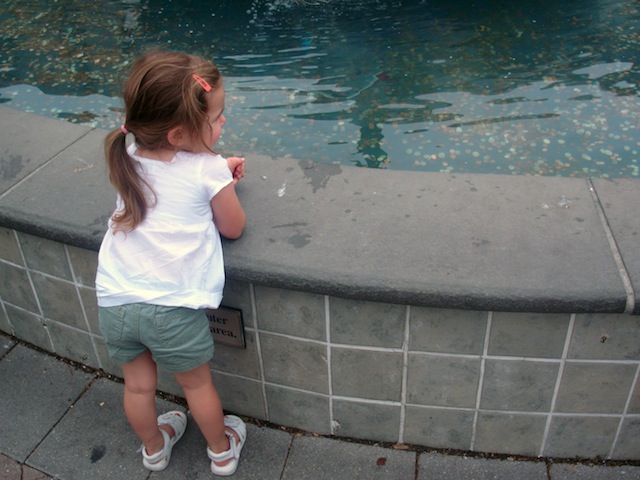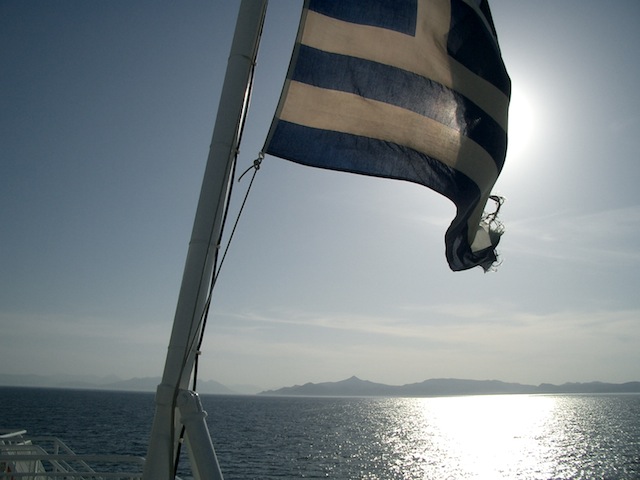“Running costs have gone crazy” complains Sydney restauranteur Jared Ingersoll at the same time the Australian events industry warns it’s being crushed by a higher dollar.
While the closure of an inner city cafe doesn’t mean that much, a bigger warning about Australian costs comes from Royal Dutch Shell who have put their gas investments on hold due to project blowouts.
Natural gas investments are the core of Australia’s economic policies with the country’s Asian Century report identifying energy exports as being the country’s main revenue earner over the next quarter century.
Costs of doing business in Australia have been steadily on the increase since the Howard government introduced the GST which triggered Australia’s transition to a high cost country.
It didn’t have to be that way but Howard’s addiction to middle class welfare meant what should have been a opportunity to reform the economy during the mid 2000s was squandered with gifts handed out by one of the highest spending governments in Australian history.
While Whitlam at least spent money on bringing sewers to the suburbs, Howard spent his on subsidies to rich schools and parking permits to self-funded retirees.
It would take a brave government to undo Howard’s work which isn’t something we can expect from the populist and cowardly Australian Labor Party that lacks any of the honesty or strength required to confront the whining middle classes about their unsustainable entitlements.
Which makes the election announced last week interesting. In her election announcement the Prime Minister made a mention of dealing with the high Australian dollar, which at least shows the Labor Party sees there’s a problem – although they certainly don’t have the stomach to make the tough decisions required.
On the other side of politics though it’s all unicorns and magic puddings. Tony Abbot and his friends are partying like it’s 1999.
The Liberal Party policy paper released last week is notable for not acknowledging the global financial crisis and maintaining that taxes can be cut while Howard’s middle class welfare state can be expanded.
The best example of the Liberal’s addiction to middle class welfare is their promise to introduce a parental leave scheme. As their Strong Australia policy document explains;
Paid parental leave ought to be paid at a person’s wage rate, like holiday pay and like sick pay, because it is a workplace entitlement, not a government benefit.
Not only does the Liberal Party believe that high paid workers should get subsidies for their nannies, but that employers should pick up the bill, just like holiday and sick pay.
Middle class welfare and a massive business cost increase to boot.
In a Smart Company poll last week, the small business readers overwhelming endorsed the Liberal Party.
They should be careful what they wish for.
For those worried about getting Australia’s high cost base down there are serious debates to be had about our tax and welfare systems along with tackling issues like high property prices, over-regulation, aging population and workforce skills.
Most importantly, we have to define what Australia wants to be in the 21st Century.
Little, if anything about these issues will be discussed before September and in the meantime the Dutch disease will slowly strangle Australian business. We need better.


